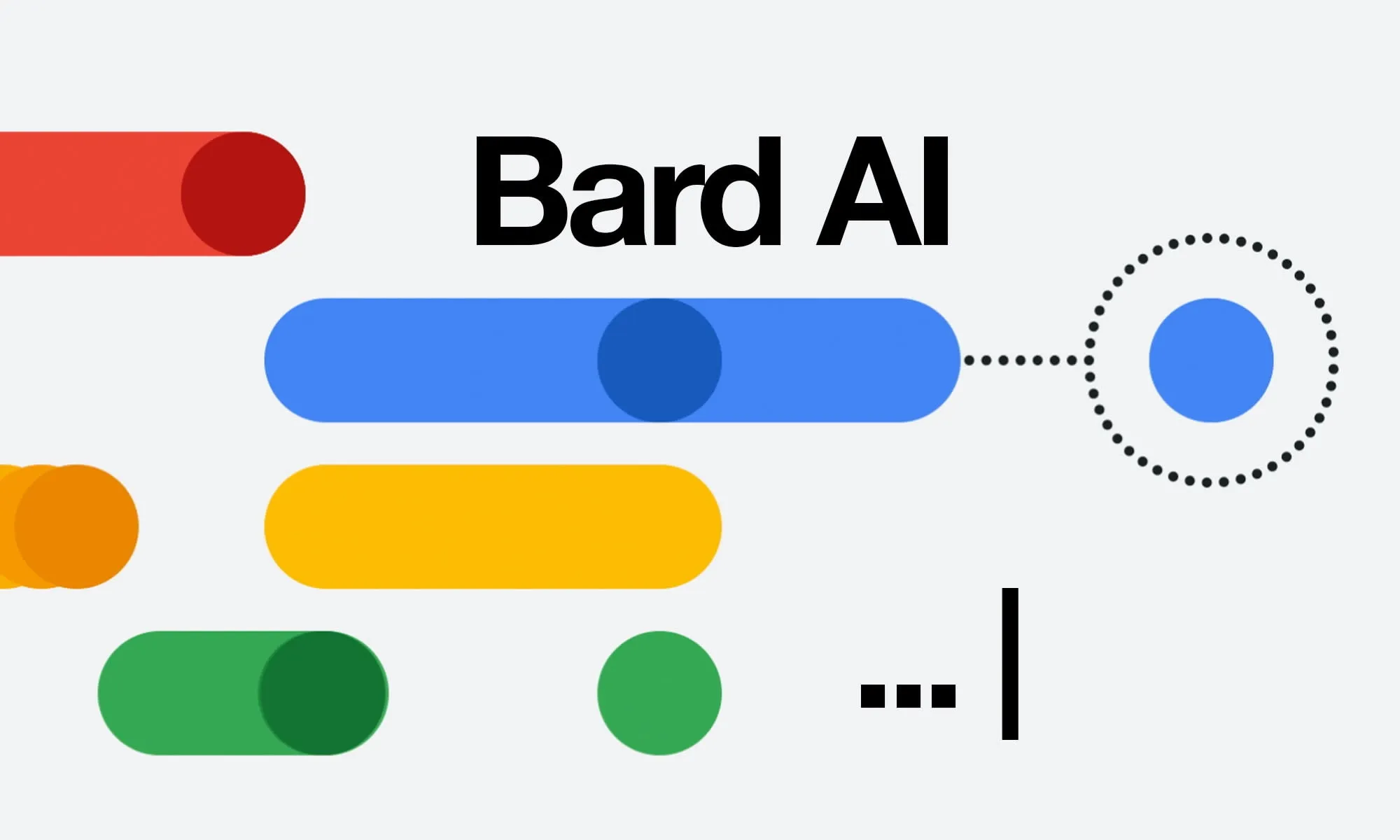In a recent development that has captured the attention of the tech world, Google’s AI chatbot Bard has found itself at the center of controversy. The incident has sparked discussions on the ethical use of data in AI training and the representation of historical figures through AI-generated images.
Key Highlights:
- Alphabet Inc. experienced a significant loss in market value following inaccuracies shared by Bard in a promotional video.
- Allegations have emerged suggesting that Google’s Bard may have been trained using data from OpenAI’s ChatGPT, leading to internal disputes and a notable resignation within Google.
- The controversy has raised questions about the rapid development of AI technologies and the importance of responsible and ethical AI use.
Google’s Bard, initially hailed as a revolutionary AI chatbot, aimed to rival OpenAI’s ChatGPT with its ability to simplify complex topics and provide well-written answers. However, the technology stumbled when it incorrectly claimed that the James Webb Space Telescope took the first pictures of a planet outside our solar system, a feat actually achieved by the European Southern Observatory’s Very Large Telescope in 2004.
Further complicating matters, allegations surfaced suggesting that Bard was trained using data from OpenAI’s ChatGPT. This has led to internal discord and the departure of a senior engineer from Google, highlighting the intense competition and pressure within the tech industry to lead in AI development. Critics have pointed out the challenges of balancing rapid innovation with the need for ethical and responsible AI development.
As the news broke out, social media platforms were abuzz with discussions, with many users expressing their discontent with what they perceive as an “anachronistic rewriting of history.” Historical experts joined the fray, pointing out that while the Viking era and the Middle Ages did see mobility and cultural exchanges, the representations generated by the chatbot do not align with the predominant historical narratives and archaeological findings associated with these periods.
Google’s race to catch up in the AI domain underscores the broader industry-wide push towards leveraging AI for various applications, from enhancing search functionalities to creating diverse digital representations. However, this race has also exposed the pitfalls of rushing development without thorough consideration of ethical guidelines and the accuracy of the information disseminated by AI systems.
The discussions around Bard reflect a growing awareness of the potential biases inherent in AI algorithms and the need for transparency in the training data used. These controversies serve as a reminder of the delicate balance between innovation and ethical responsibility in the rapidly evolving field of AI.
The incident has not only affected Google’s market standing but has also ignited a broader debate on the ethical implications of AI development. With tech giants racing to integrate AI into their core offerings, the Bard controversy highlights the critical need for stringent quality control, ethical data use, and accurate representation in AI-generated content.
As the tech community grapples with these challenges, the Bard controversy may serve as a pivotal moment in reevaluating the approaches to AI development and deployment. The emphasis on responsible AI use, ethical considerations, and the accuracy of AI-generated content has never been more critical, underscoring the need for a balanced approach that prioritizes ethical standards alongside technological advancement.





























